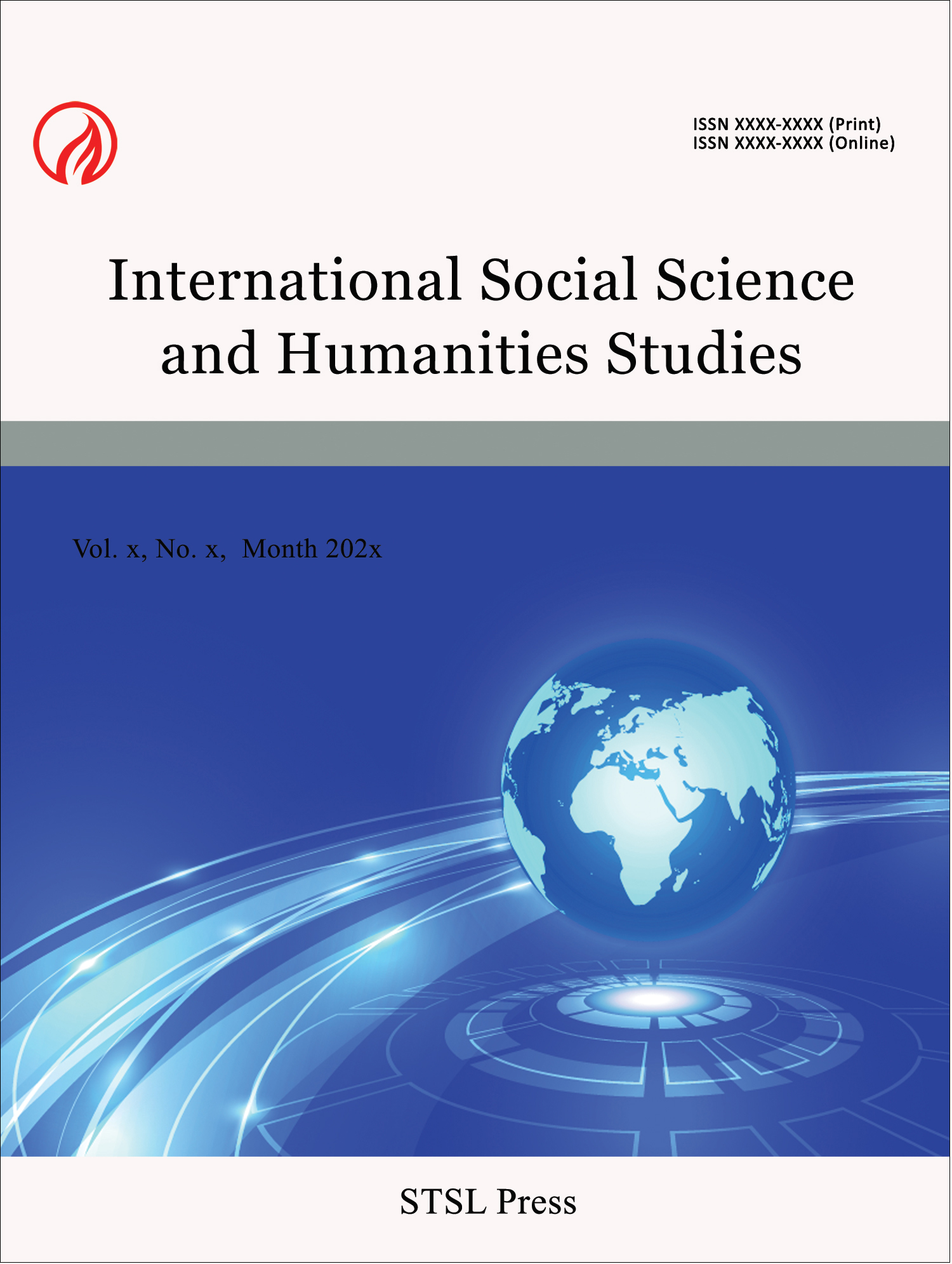Maslow’s Concept of Self-transcendence, the Underutilized Factor in Human Capital
Henry J. Venter
Abstract
Abraham Maslow, known for his groundbreaking Hierarchy of Needs pyramid, left an enduring mark on management and leadership philosophy. However, an overly rigid interpretation, fixated on self-actualization, gave rise to distorted definitions of success within human capital development programs. This fixation fostered a culture that prioritized financial gains at the expense of ethical considerations. In response, Maslow's later work introduced a sixth level—self-transcendence—advocating for a departure from individualism towards a global purpose and ethical responsibility. The integration of self-transcendence into organizational culture requires a transformative shift in leadership and a reimagined trajectory for workers, fostering a worldview rooted in service to others. This evolution not only revolutionizes organizational dynamics but also holds the potential for positive global impact, redefining success beyond mere financial metrics. This paper examines and explores how organizations and entrepreneurial endeavors can elevate and enrich the quality of their human capital by embracing Maslow's concept of self-transcendence.
Paper:
pdf
DOI:
https://doi.org/10.71002/isshs.v4n1p1
 This work is licensed under a
Creative Commons Attribution 4.0 License.
This work is licensed under a
Creative Commons Attribution 4.0 License.
Contact us
- Peter Wilson
- isshs@stslpress.org
